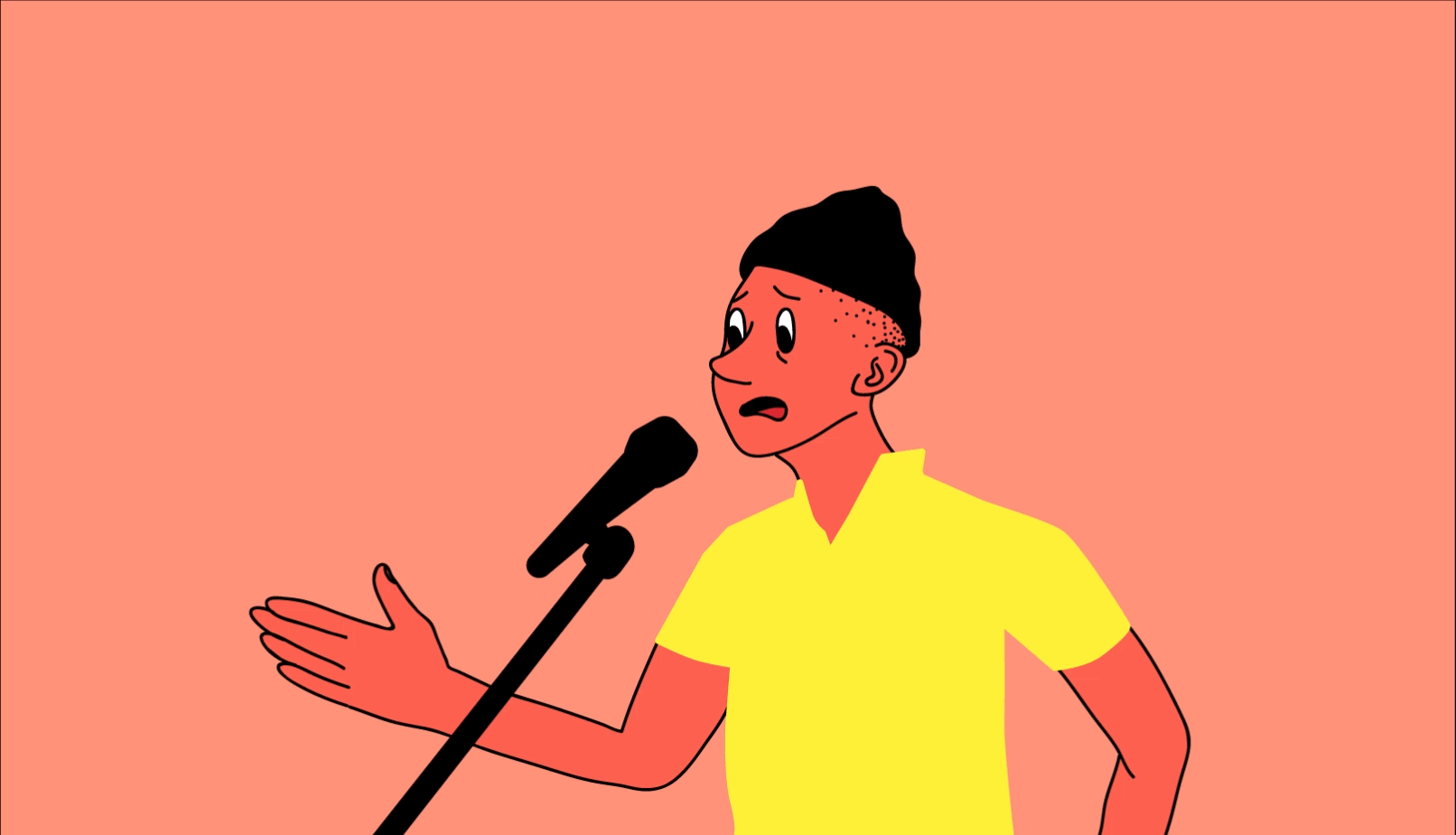In 2019, people claim comedy is “under attack.” Is this true?
The short answer is no, but I seem to be writing an article here, so let me explain.
Comedians such as Bill Maher, Louis CK, Kevin Hart and Dave Chappelle are experiencing a change in their careers. This most definitely does not mean that their careers are over, so, let’s take a closer look. Chapelle fans – stay with me.
I’m assuming that you have heard this argument being circulated for quite some time and although this might feel frustrating, I don’t think it’s necessarily negative.
Comedy and comedians represent laughter, happiness and, more importantly, growth and learning. There’s a reason why people look at political memes more than political policies: humour can be accessible, clever, and most of all, it has an impact.
Comedy is changing. People are no longer laughing at things that make them feel small. Social media and other large platforms are giving previously silenced communities a voice in the comedic world. We are speaking truth to power and this all feeds into one thing: the evolving role of the audience.
Yes – that’s us, the audience!
We have more control than ever before. It’s exciting, but naturally quite unnerving for comedians that have spent most of their lives writing jokes and not thinking about how they could offend people.
Despite acting like they don’t care, we have seen evidence that the opposite is true. Let’s take a look at Chappelle for a moment. He’s undoubtedly a very successful comedian who has been called out for his tone deaf demeanour for the past two years. He’s a powerful figure, re-emerging as a comedian in a world very different than the one he’s used to.
Jenna Wortham and Welsey Morris, New York Times writers and hosts of the podcast Still Processing, highlight that in his newest standup, Chappelle is just plain lashing out at the audience.
He says,“If you do anything wrong in your life, and I find out about it, I’m going to try and take everything away from you and I don’t care when I find out… Who’s that? That’s you!”
The shift here is obvious. The audience is clearly impacting the way Chappelle normally functions. He is making a joke out of his fear for his career.
Listen, I am aware that I’m yet another chia seed eating, avocado spreading, social media savvy, left-wing millennial preaching about why Chappelle is a sore loser, but hear me out.
I’m not trying to promote cancel culture or tell you what you should or shouldn’t watch. I understand that in this social climate things often sway to an extreme. This being said, I think it’s important to understand the reality of where comedy is going.
Comedian and actor Kevin Hart is another public figure who has voiced his frustration with the audience.
He said in an interview, “I don’t understand why there’s a push to destroy what you just don’t have to support or like.”
Even though he is using oversimplified vernacular to describe backlash he received about homophobic comments, I think the important thing to note in this comment is the word “destroy.” Comedians are fearful that the audience can control their careers and instead of adapting, they don’t know how to handle it.
Nazeem Hussain, an Australian comedian speaks openly about understanding the audience’s fluid role.
In an interview with Eureka Street, he said, “’the audience doesn’t buy that homophobic, racist and sexist stuff anymore. It’s lazy comedy, they should find new jokes and get a laugh.”
Hannah Gadsby, a writer and comedian also from Australia spoke very eloquently about the dissonance certain comedians won’t stop complaining about, in an interview with Esquire.
“So many comedians expect control of the room when they’re onstage, because they’ve got the magic stick that amplifies their voice, and everyone has to listen,” she said. “Comedy no longer exists in a vacuum. To be relevant, you have to speak with your audience. You don’t get to just tell them how it is.”
People are not standing for harmful jokes anymore. This does not mean vulgarity is dead and that audiences can’t handle explicit or shocking material.
It means the role of the audience has changed – and that’s not a bad thing.
Graphic by @sundaeghost




